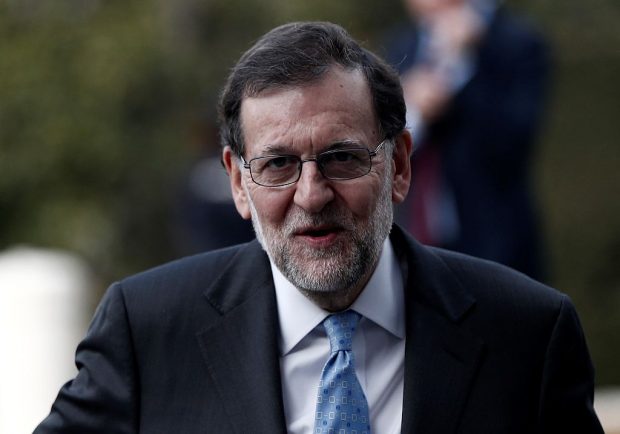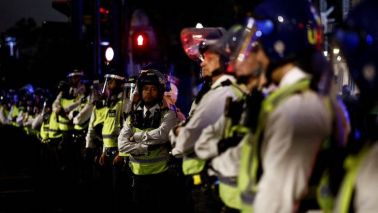It’s been exactly a year ago since Spain held what would turn out to be the first of two general elections in ten months. The first vote unleashed chaos: new parties Podemos (‘We Can’, on the radical left) and Ciudadanos (‘Citizens’, on the centre-right) split 35 per cent of the vote between them. This ended the joint hegemony of Spain’s two oldest parties, meaning it was time to say goodbye to a status quo established when Franco’s death inaugurated democracy in 1975 – a world in which the Conservatives and the Socialists simply swapped power back and forth. Everything had changed. Or had it?
After almost a year of antagonistic negotiations, the country’s new government was finally installed at the end of October: it’s a minority Conservative-led operation dependent on parliamentary votes for passing legislation. And it’s led, once again, by the widely-loathed veteran Mariano Rajoy. As demonstrated by the compromised nature of this administration, some things are unimaginably different in Spain from one year ago.

Britain’s best politics newsletters
You get two free articles each week when you sign up to The Spectator’s emails.
Already a subscriber? Log in






Comments
Join the debate for just £1 a month
Be part of the conversation with other Spectator readers by getting your first three months for £3.
UNLOCK ACCESS Just £1 a monthAlready a subscriber? Log in